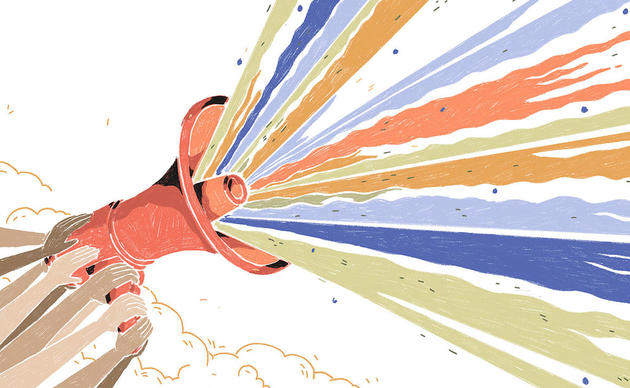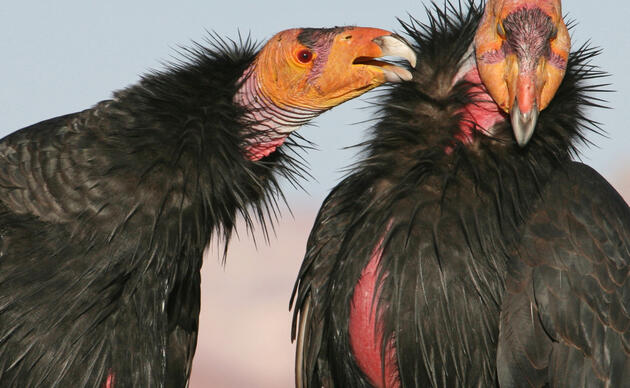Although last year’s legislative session saw the passage of laws setting ambitious goals for renewable energy and coordinating the state’s response to climate change, lawmakers finished the year short of their goals. In the face of withering opposition from polluters, lawmakers were unable to reduce our use of fossil fuels or extend California’s groundbreaking climate laws.
Last fall, lawmakers promised that they would come back in 2016 and finish the work they started, and we need to hold them to that. Our birds and our communities are still at risk from the challenges of global warming and air pollution.
The theme of last year’s legislative session was climate. I remember well standing at the capitol with Senate President pro tem Kevin de León as he announced an ambitious set of bills to address the growing challenge of climate change to California. The flagship bills of this effort were Senate Bills 32 and 350, which would have expanded California’s already progressive climate laws and set ambitious goals to reduce our reliance on polluting fuels. Senate Bill 32 was held over to the 2016 session. Senate Bill 350 was signed into law, and called for 50% of California's energy to come from renewables by 2030 and increases in clean energy building. But language to reduce petroleum use was dropped.
According to recent Audubon research, 170 California birds are at risk of extinction due to global warming. More immediate is the threat that air pollution presents to birds and habitat, needless to say public health.
According to the American Lung Association, 30 million Californians (77% of the population) live in counties that received a failing grade for air pollution. Nine California cities are among ten most polluted metropolitan areas in the United States for ozone and particulate pollution. It's hard for children and families to connect with nature when it's unhealthy to go outside.
No one said this would be easy. Not only are we faced with global climate change at a rate not seen in millennia, but we’re also fighting well-funded entrenched interests that refuse to change. But we need to keep moving forward on climate change. Our birds and our communities require it.
Every time we stand up and tell our leaders that we support them in addressing global warming we give them strength to stand up against the polluters. Every voice counts.
Brigid McCormack is the executive director of Audubon California
By Brigid McCormack
Your Guide to Climate Action
Here’s where to begin and how to amplify your efforts to make lasting change in the world.




